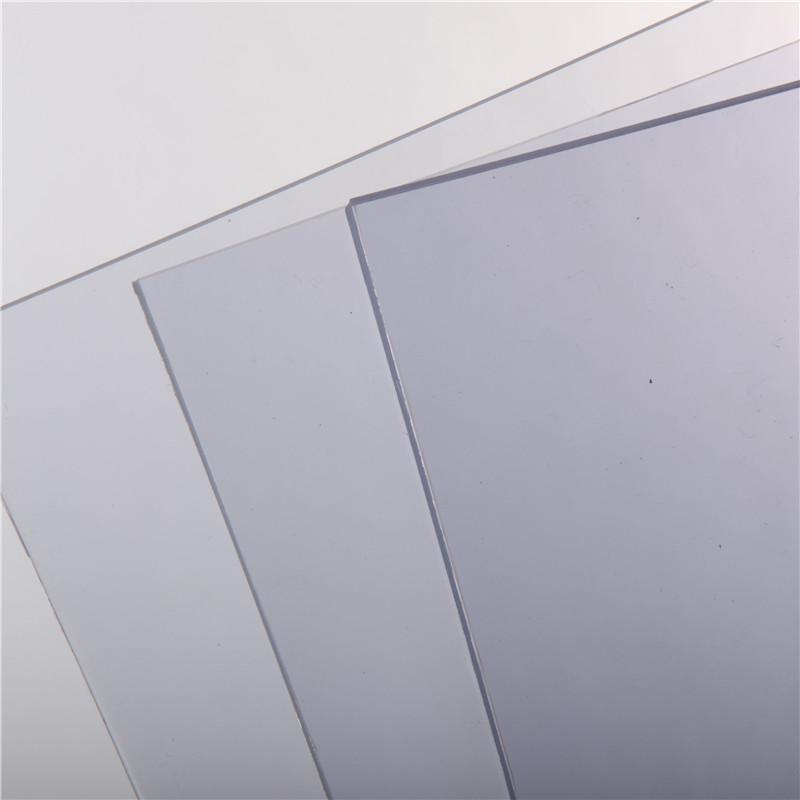Dec . 23, 2024 14:14 Back to list
upvc pipe
Understanding UPVC Pipes A Comprehensive Overview
UPVC pipe, short for Unplasticized Polyvinyl Chloride pipe, has gained significant popularity in various sectors including construction, plumbing, and irrigation due to its lightweight, durability, and resistance to corrosion. Unlike regular PVC, which contains plasticizers that make it flexible, UPVC is rigid and has a higher strength classification, making it suitable for a variety of applications where pressure resistance is crucial.
Advantages of UPVC Pipes
One of the primary advantages of UPVC pipes is their excellent durability. These pipes can withstand harsh environmental conditions, including exposure to chemicals, UV light, and extreme weather. This resistance is particularly beneficial in regions with high humidity or where chemical exposure is frequent, as it reduces the risk of degradation over time.
Another compelling feature of UPVC pipes is their low weight. They are significantly lighter than traditional materials such as metal or concrete, which not only simplifies the installation process but also reduces shipping and handling costs. This property is particularly advantageous in construction applications, enabling workers to transport and install pipes more efficiently.
UPVC pipes have a smooth interior surface that minimizes friction, which leads to reduced energy consumption when transporting liquids. This smoothness also prevents the accumulation of residues and build-up of deposits that could lead to blockages, thereby enhancing the flow efficiency of water or other fluids.
Applications of UPVC Pipes
upvc pipe

The versatility of UPVC pipes allows for a wide range of applications. In plumbing, they are commonly used for water supply systems, irrigation, and drainage. Their resistance to rust and corrosion makes them an ideal choice for both residential and commercial plumbing projects. Additionally, UPVC pipes are often employed in industrial settings for transporting chemicals and waste materials.
In the construction industry, UPVC pipes are widely utilized in thin-walled piping systems due to their strength and reliability. They are used in soil and wastewater discharge systems and are increasingly being implemented in fire protection systems because of their ability to withstand high pressures.
Environmental Impact
An important aspect to consider is the environmental impact of UPVC pipes. They are 100% recyclable, which means that they can be reprocessed and used to manufacture new products. This attribute mitigates the environmental footprint typically associated with plastic production and disposal. However, it is crucial to ensure that UPVC is disposed of properly and not incinerated, as this could release harmful dioxins.
Conclusion
In summary, UPVC pipes represent a significant advancement in pipe technology, combining durability, efficiency, and versatility. Their capability to endure challenging conditions while remaining cost-effective continues to make them an ideal choice for a variety of applications. As industries focus more on sustainability and environmental responsibility, UPVC's recyclability positions it favorably for the future.
As construction and infrastructure development continue to expand globally, understanding the benefits and applications of UPVC pipes will be essential for engineers, contractors, and environmentalists alike. Whether for providing clean water, aiding in agricultural practices, or supporting industrial processes, UPVC pipes offer a reliable solution that stands the test of time.
-
Durable PP Rigid Sheet: Lightweight, Chemical Resistant Solutions
NewsAug.21,2025
-
PVC Grey Sheet for Extraction: Chemical Resistant & Durable
NewsAug.19,2025
-
Durable PVC Pipe Fittings for Plumbing & Irrigation Needs
NewsAug.18,2025
-
HDPE Steel Belt Reinforced Spiral Corrugated Pipe | High Strength
NewsAug.17,2025
-
HDPE Pipe Fittings: Durable, Leak-Proof Solutions
NewsAug.16,2025
-
Premium CPVC Sheet: High-Temp & Chemical Resistant Solutions
NewsAug.15,2025

